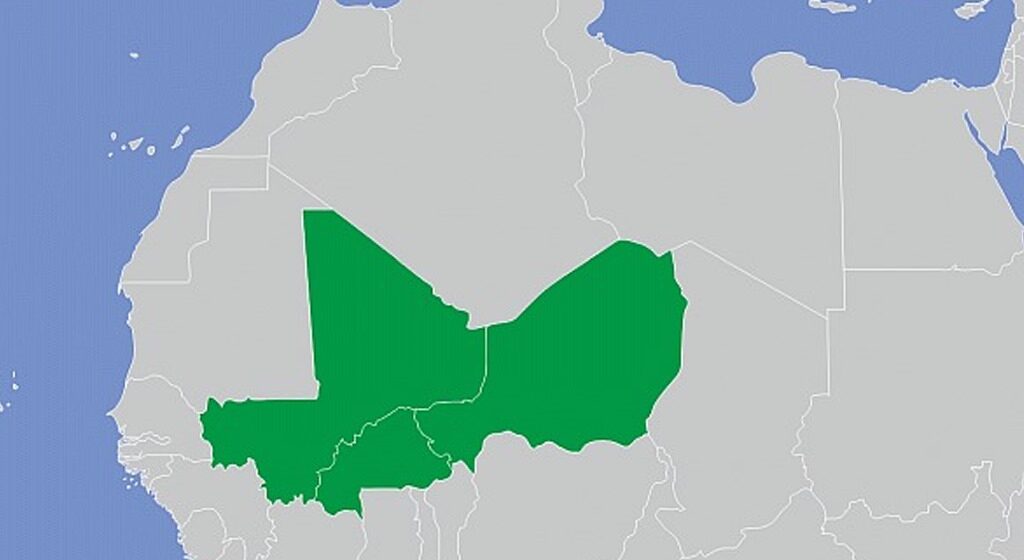Sahel States’ exit from ECOWAS: Ramifications and prospects

The recent decision by Sahel States to withdraw from the Economic Community of West African States (ECOWAS), officially confirmed on January 28th, carries significant repercussions for both the departing nations and the regional bloc.
Highlighting the economic impact, Burkina Faso’s Minister of Economy, Aboubakar Nacanabo, emphasized that ECOWAS is set to face an annual loss of 45 billion CFA francs due to the departure of the Sahel States.
This financial setback is coupled with the loss of potential synergies within the sub-regional organization, as indicated by the minister and reported by the Burkina Faso Information Agency (AIB).
The reduction in ECOWAS membership from 15 to 12 countries is another notable consequence.
The departing members, Burkina Faso, Mali, and Niger, were pivotal contributors to ECOWAS, boasting significant natural resources.
These nations plan to leverage their resource wealth to mitigate the potential challenges arising from their withdrawal and foster the socio-economic development of their respective countries.
Contrary to certain perceptions, economist Aboubakar Nacanabo asserts that the Sahel Region is not as fragile as suggested.
He underscores the availability of resources and emphasizes that, with prudent management, the region can thrive and become prosperous.
The countries also express openness to establishing bilateral relations with other ECOWAS member states.
It’s essential to recall that Burkina Faso, Mali, and Niger formed the Alliance of Sahel States (AES) on September 16, 2023, with the primary objectives of mutual defense, collaborative action against terrorist groups, ensuring regional security, and promoting overall development in the Sahel region.











